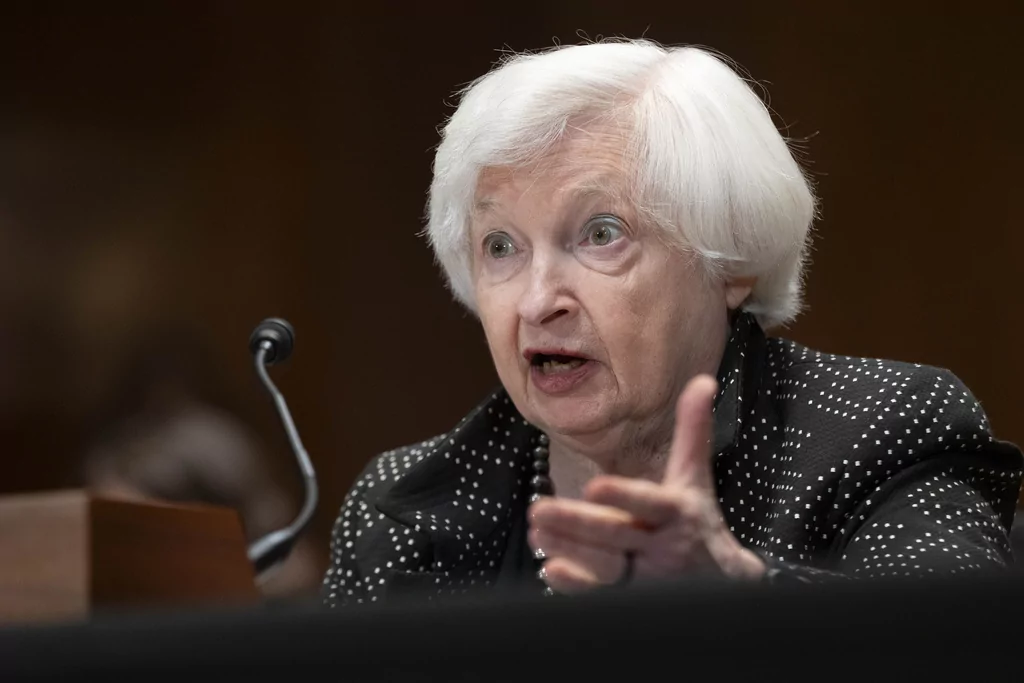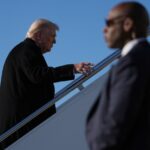

Multiple business groups have called on Treasury Secretary Janet Yellen not to let politics influence her evaluation of Japanese-owned Nippon Steel’s acquisition of U.S. Steel.
As the chairwoman of the Committee on Foreign Investment in the United States, Yellen will determine whether the deal poses a risk to the country’s national security.
Politicians from both major political parties, such as former President Donald Trump, President Joe Biden, and Vice President Kamala Harris, denounced the deal. The White House signaled a week ago that it would likely stop the deal from going through.
Business groups, including the U.S. Chamber of Commerce, the Foreign Trade Council, and the Global Business Alliance, expressed in a letter to Yellen that blocking the deal at the behest of politicians could negatively affect future investments in the U.S.
Over $5 trillion is invested in the U.S. economy from foreign headquartered companies.
“We fear that the CFIUS process is being used to further political agendas that are outside the committee’s purview and putting the U.S. economy and workers at risk. Indeed, America’s investment climate will be severely tarnished if such political interference prevails,” the groups wrote.
Nippon Steel was set to purchase U.S. Steel for $15 billion, but according to U.S. Steel CEO David Burritt, if the deal falls through, the company will be forced to close up mills or move its headquarters outside of Pennsylvania.
“CFIUS should never become a tool for political posturing and should not morph into industrial policy masquerading as national security,” the business groups said in their letter.
CLICK HERE TO READ MORE FROM THE WASHINGTON EXAMINER
CFIUS sent letters to the two companies claiming the deal would pose security risks and flood the U.S. market with cheap steel from China.
In response, the companies sent a 100-page letter stating that the deal would actually strengthen U.S. steel output.






